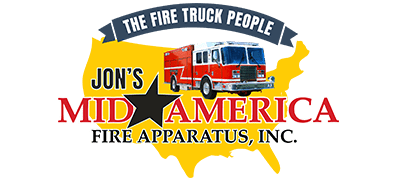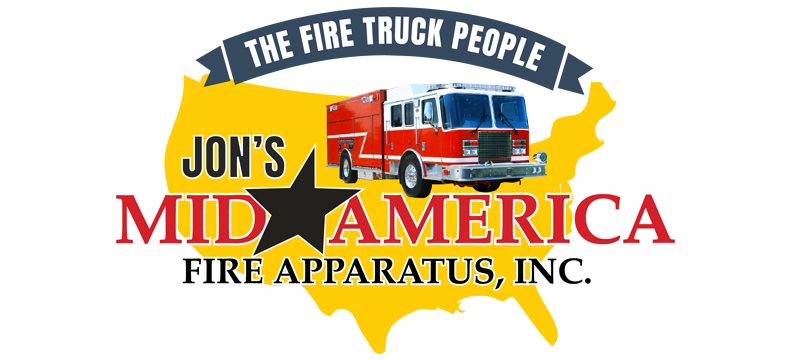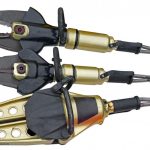Fire rescue power tools aren’t cheap. You want them to last throughout the winter and to maintain their high performance for years to come.
Jon’s Mid-America will be sharing with you some key tips for preparing your tools for the winter weather to avoid warping or rust — namely, keeping them dry, clean, and well lubricated.
Winter Prepping Hydraulic Rescue Tools
Freezing temperatures commonly affect hydraulic tools by thickening the fluid, oil, and lubricants, causing slower performance. Hydraulic hoses can also crack; keeping spare rubber hoses on hand is useful for unexpected breaks.
Cutters can show poor performance if the blades are contaminated by dust or debris, or if freezing weather slows their ability to open or close. Keep them clean, sharp, and lubricated to protect against the elements.
Rams can be slowed by a dented or damaged piston from winter weather. Similar to cutters, you can keep them clean, dry, and lubricated for maximum performance.
Pumps can also stall in winter weather. So, keep your bay heated and don’t close the drains, or wet the pump until it is about to be used.
Spreaders can have water or air trapped in the system, resulting in poor heat dissipation, discolored oil, or unstable motion. Keeping it washed and clean is the best way to prepare for winter.
Related Post: Read more about the effects of cold temperatures on hydraulics tools.
Winterizing Electric Power Tools
Regular cleaning should also be a normal part of year-round maintenance. To winterize your tools, apply petroleum-based oil (or vegetable oil) to the moving parts and metallic components.
Chainsaws
For a chainsaw, start by removing the spark plug, then apply some oil in a ratio of 40:1 (teaspoon) for lubrication. Pull the starter about 8 times – a maximum of 10 times. Lastly, replace the spark plugs. Lastly, let it run a bit before using it in the cold.
Winter Prepping Air-Powered Tools
For pneumatic tools, like nail guns, frozen condensation can block drainage or cause cracks or holes, negatively affecting the compressor. It’s important to check the air filter for any breaks, then to replace or clean it.
To ensure your air tools aren’t breaking in the cold, use a cold-resistant air hose. It is recommended to use a combination of polyurethane, rubber, and PVC.
Trust Jon’s Mid-America for Fire Truck Rescue Tools
As a certified dealer, we have a variety of brand-name rescue tools available. Contact Jon’s Mid-America fire Apparatus today for more information about what industrial rescue tools you might need.



